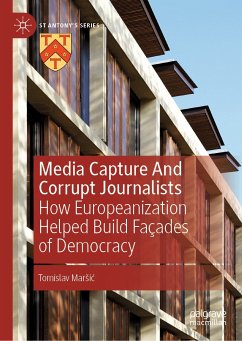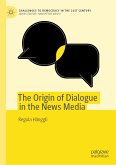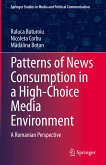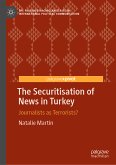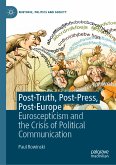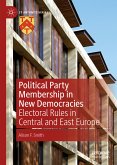This book explores the form, dynamics, and main reasons for media capture and conspiracy between editors and executive politicians in Central and Eastern Europe (CEE) since 2000. Situated in the literatures on Europeanization, democratization, party studies, and media studies, the book aims to connect these fields by showing that internal party dynamics play an important role in motivating executive politicians to hijack or collaborate with media. Against this backdrop, the book tells the story of Croatian journalism in the context of media-mafia conglomerates, political corruption, and media hijacking, and examines how "traditional" democratic drivers that the literature frequently cites, such as Europeanization and party competition, failed to prevent systematic transgressions by politicians. Methodologically, the book takes a two-pronged approach. First, nearly 50 interviews were conducted with Croatian investigative journalists, from which the narratives about the relationshipsbetween government politicians and editors over 15 years were reconstructed. In a second step, a sample of 40,000 media articles was subjected to a computational sentiment analysis, covering the same 15-year period and showing high levels of cooperation between corrupt politicians and corrupt media outlets. This interdisciplinary work offers rich scholarly analysis through a compelling narrative of corrupt collaboration in Croatia. It will appeal to a wide academic audience across the fields of Europeanization studies, party studies, and media studies.
Tomislav MarSic is a political and media scientist with a professional background in political consulting.
Dieser Download kann aus rechtlichen Gründen nur mit Rechnungsadresse in A, B, BG, CY, CZ, D, DK, EW, E, FIN, F, GR, HR, H, IRL, I, LT, L, LR, M, NL, PL, P, R, S, SLO, SK ausgeliefert werden.

